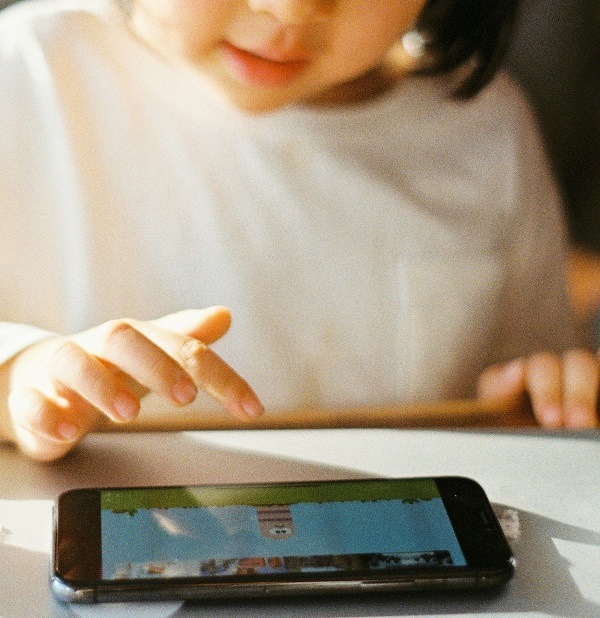Myopia progression in school children with prolonged screen time during the coronavirus disease confinement
Medical hypothesis discovery and innovation in ophthalmology,
Vol. 12 No. 2 (2023),
31 December 2023
,
Page 90-97
https://doi.org/10.51329/mehdiophthal1474
Abstract
Background: Myopia, the most common refractive error, is a global public health problem with substantial visual impairment if left untreated. Several studies have investigated the association between increased near-work and restricted outdoor activities in children with myopia; however, such studies in children without myopia are scarce. We aimed to monitor the effect of the coronavirus disease-2019 (COVID-19) home confinement and mandatory virtual learning on myopic progression among myopic and non-myopic school-aged children.Methods: We conducted a retrospective chart review of children aged 6 – 12 years attending regular visits to the pediatric ophthalmology clinic in a tertiary eye hospital in Eastern Province, Saudi Arabia. Cycloplegic refraction was determined from three visits at least six months apart: two visits before the start of the COVID-19 pandemic and one during the COVID-19 home confinement. Parents were asked about the time spent in near-work and outdoor activities, the devices used during virtual learning, and the demographic characteristics of the children. Statistical analyses were conducted to compare myopia progression before and during the COVID-19 home confinement.
Results: A total of 160 eyes of 80 children were analyzed. The boy (n = 46) to girl (n = 34) ratio was 1.4:1. The hyperopia (n = 131 eyes) to myopia (n = 29 eyes) ratio was 4.5:1. Most eyes exhibited a hyperopic shift before the confinement; however, all eyes displayed a myopic shift during the confinement. When comparing both eyes of the same individual, the more myopic or less hyperopic eye in the same child had a significantly greater myopic shift than the fellow eye (both P < 0.05). Children who used tablets showed a significant myopic shift (P < 0.05). Likewise, children in both age categories (less than or equal to 8 and > 8 years), boys, those living in an apartment, and those having parents with bachelor’s degrees experienced a significant myopic shift during COVID-19 home confinement compared to before (all P < 0.05). The mean myopic shift was greater in children aged > 8 years than in those aged less than or equal to 8 years. Children with and without a family history of myopia had a myopic shift in the mean spherical equivalent during COVID-19 home confinement; however, that of children with no family history was statistically significant (P < 0.05).
Conclusions: Progression of myopia accelerated in children during the COVID-19 pandemic. Excessive time spent on digital screen devices at near distances is considered a substantial environmental contributor to myopic shift in children. Further multicenter studies with extended follow-up periods are needed to assess the factors contributing to myopic progression in our population.

- Abstract Viewed: 0 times
- Full Text PDF Downloaded: 0 times


